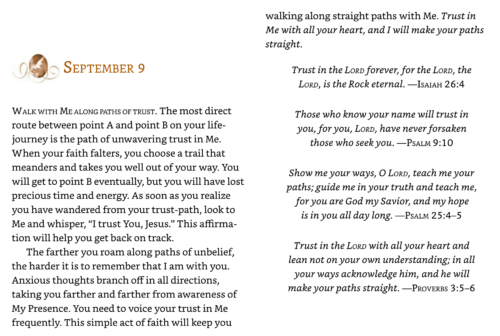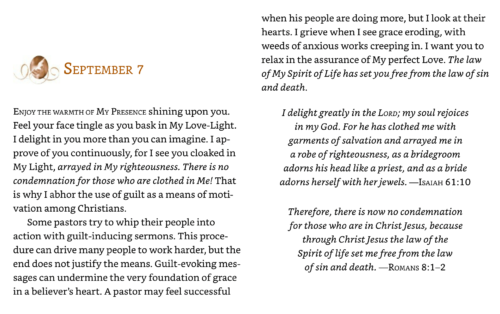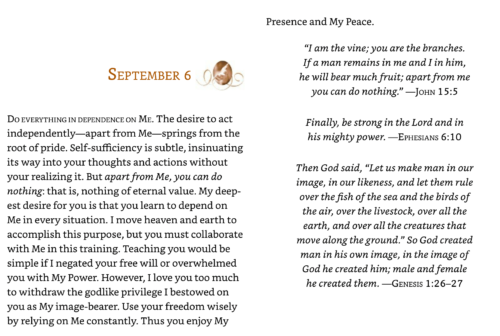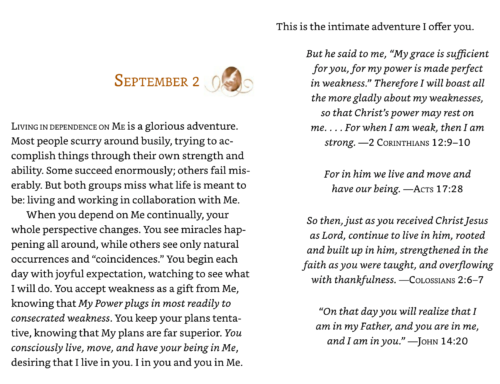Some of the most exciting and fruitful thought in recent theology can be described as the “turn toward participation.” [1] Religion as participation is a rediscovery of the Perennial Tradition that so many saints and mystics have spoken of in their own ways. It constantly recognizes that we are a part of something more than we are observing something or “believing” in something.
Both the work of the German philosopher Karl Jaspers (1883–1969) and the English scholar Owen Barfield have given me a schema for understanding this “turn.” We moved away from deep participatory experience into nonparticipation, the ‘wilderness’ or “null point between original and final participation,” in Barfield’s words. [2] Today each autonomous individual is on his or her own, especially those with economic privilege.
Roughly before 800 BCE, it seems, most people connected with God and reality through myth, poetry, dance, music, fertility, and nature. Although it was a violent world focused on survival, people still knew that they belonged to something cosmic and meaningful. They inherently participated in what was still an utterly enchanted universe where the “supernatural” was everywhere. Barfield calls this state of mind “original participation.” [3]
What Jaspers calls Axial Consciousness emerged worldwide with the Eastern sages, the Jewish prophets, and the Greek philosophers, coalescing around 500 BCE. [4] It laid the foundations of all the world’s religions and major philosophies. It was the birth of systematic and conceptual thought. In the East, it often took the form of the holistic thinking that is found in Hinduism, Taoism, and Buddhism, which allowed people to experience forms of participation with reality, themselves, and the divine. In the West, the Greek genius gave us a kind of mediated participation through thought, reason, and philosophy. At the same time, many mystics seemed to enjoy real participation, even though it was usually seen as a very narrow gate available to only a few.
Among the people called Israel there was a dramatic realization of intimate union and group participation with God. They recognized the individually enlightened person like Moses or Isaiah, but they did something more. The notion of participation was widened to the Jewish group and beyond, at least for many of the Hebrew prophets. God was saving the people as a whole. Participation was historical and social, and not just individual. It is amazing that we have forgotten or ignored this, making salvation all about private persons going to heaven or hell, which is surely a regression from the historical, collective, and even cosmic notion of salvation taught in the Bible. Remember, God was always saving Israel and not just Abraham.
Both the Hebrew Scriptures and experience itself created a matrix into which a new realization could be communicated. Jesus offered the world full and final participation in his own very holistic teaching. This allowed Jesus to speak of true union at all levels: with oneself, with neighbors, with outsiders, with enemies, with nature, and—through all of these—with the Divine. The net and sweep of participation was total. What else could truly “good news” be?
I AM ALWAYS AVAILABLE TO YOU. Once you have trusted Me as your Savior, I never distance Myself from you. Sometimes you may feel distant from Me. Recognize that as feeling; do not confuse it with reality. The Bible is full of My promises to be with you always. As I assured Jacob, when he was journeying away from home into unknown places, I am with you and will watch over you wherever you go. My last recorded promise to My followers was: Surely I am with you always, to the very end of the age. Let these assurances of My continual Presence fill you with Joy and Peace. No matter what you may lose in this life, you can never lose your relationship with Me.
ISAIAH 54:10; For the mountains shall depart, and the hills be removed As sometimes by earthquakes, and as they will at the last day, when the earth shall be dissolved, and all in it, things the most solid, firm, and durable:
GENESIS 28:15; I am with you and will watch over you wherever you go, and I will bring you back to this land. I will not leave you until I have done what I have promised you.”
MATTHEW 28:19–20; Therefore go[ a] and make disciples of all nations, baptizing them in the name of the Father and the Son and the Holy Spirit,[ b] 20 teaching them to obey everything I
Young, Sarah. Jesus Calling Morning and Evening Devotional (Jesus Calling®) (p. 524). Thomas Nelson. Kindle Edition.




